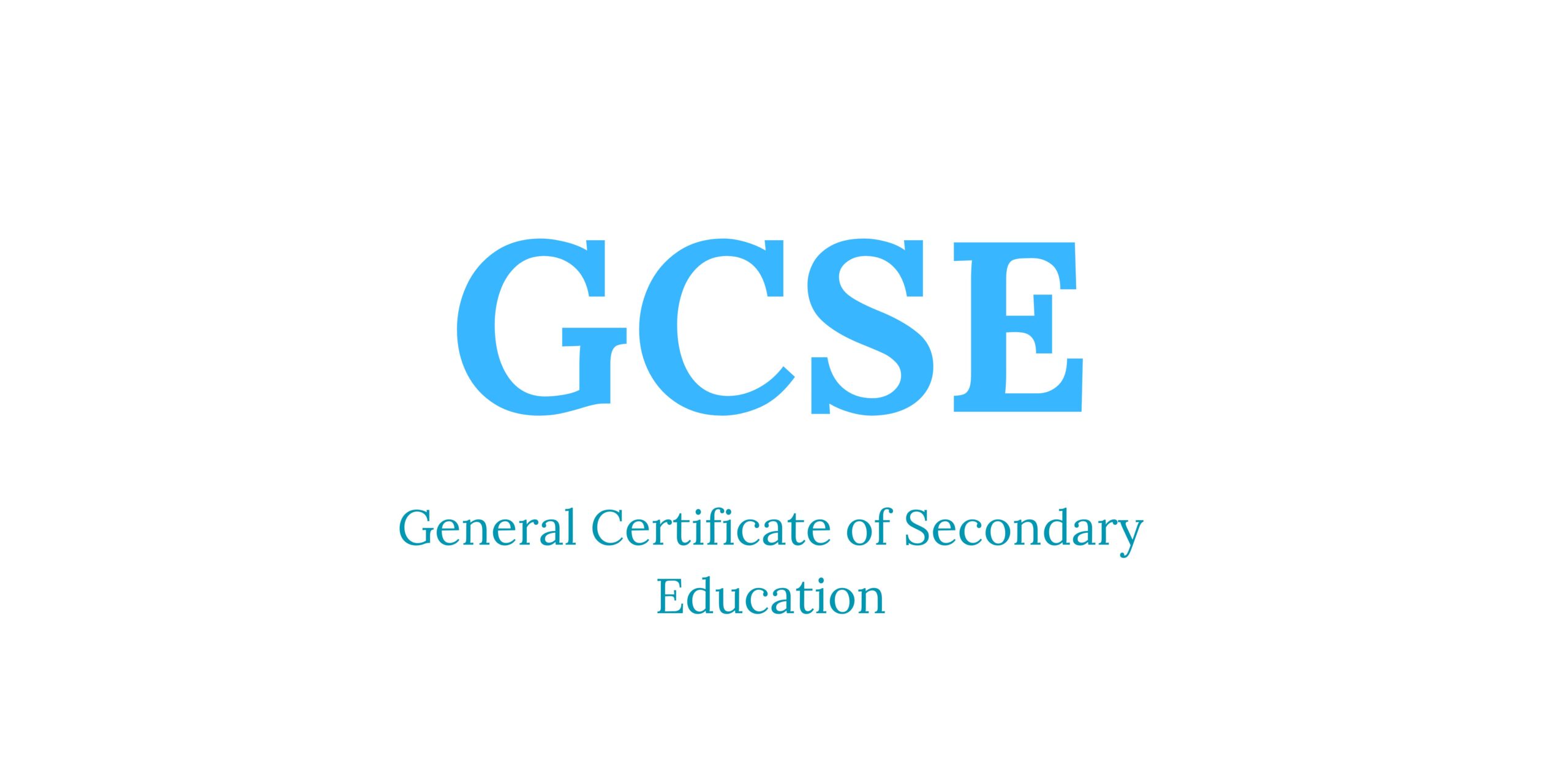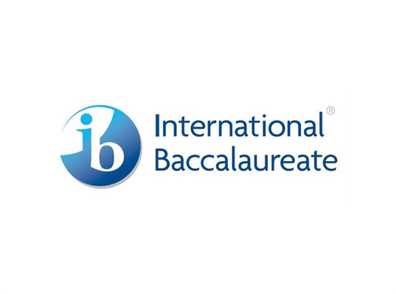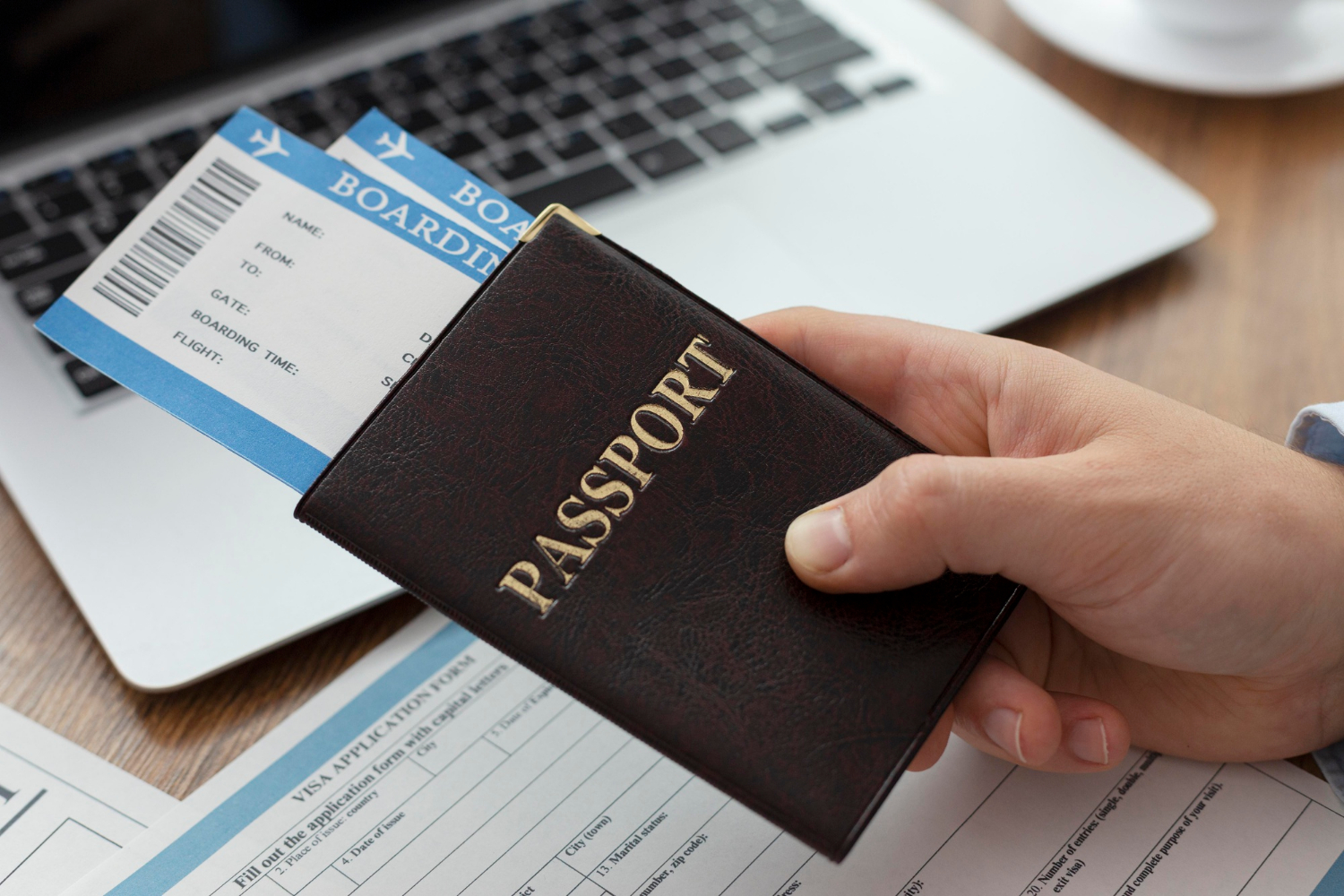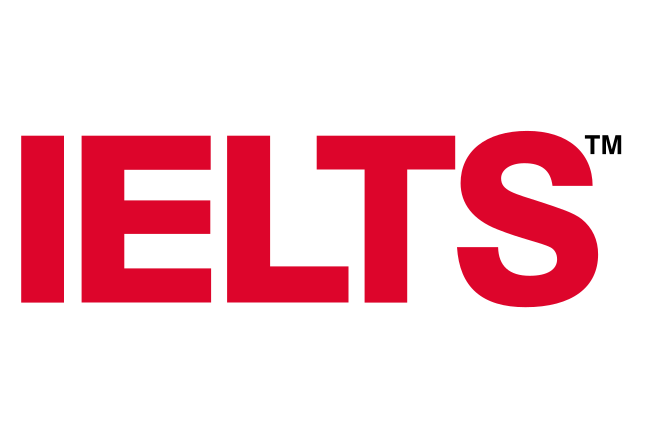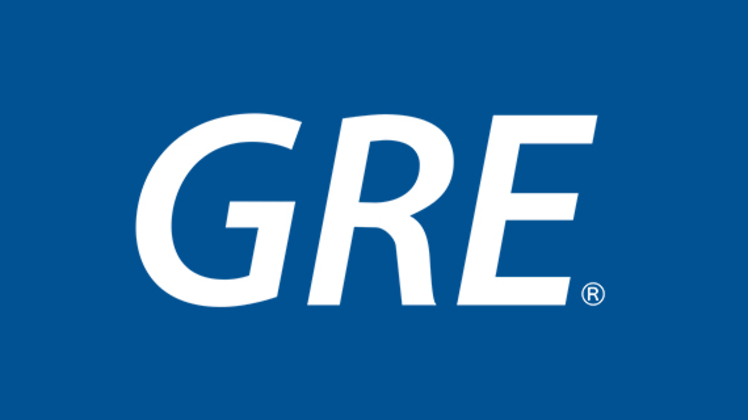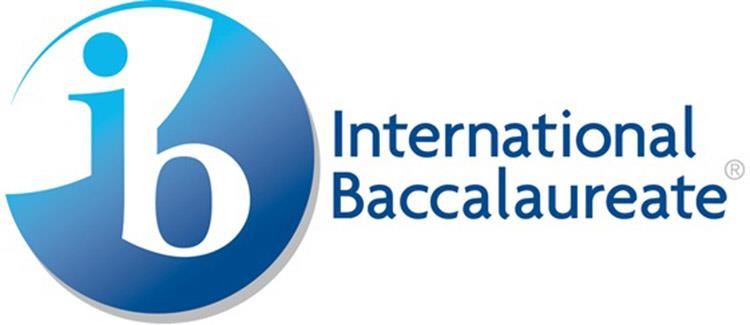
The International Baccalaureate (IB) program is an internationally recognized educational framework designed to provide a rigorous and comprehensive curriculum for students aged 3 to 19. It emphasizes the development of critical thinking, intercultural understanding, and global awareness.
Features of the IB Program
The IB approach to learning encompasses five key aspects:
- Cognitive Abilities: Encouraging critical, inventive, and morally sound thinking processes.
- Investigative Abilities: Cultivating capabilities in evaluating, discerning, validating, and arranging information.
- Communicative Competence: Refining both written and verbal expression, adept listening, and constructing cogent arguments.
- Interpersonal Proficiency: Nurturing constructive connections, adept listening, and adept conflict resolution.
- Self-Regulation Aptitude: Developing organizational proficiencies such as time and task administration, alongside emotional competencies such as motivation and emotional state regulation.
Program Benefits:
- Seamless Academic Transition: Prospective international university students benefit from the IB by avoiding the need to bridge academic disparities and bypassing English language exams.
- Recognized Qualification: Numerous foreign universities acknowledge the IB diploma as adequate for admission to undergraduate programs, often exempting graduates from preparatory coursework.
- English Proficiency: The IB serves as robust groundwork for advanced English study.
- Promotion of Multilingualism: Through its diverse language offerings and encouragement of linguistic proficiency in multiple languages, the IB fosters multilingualism among students.
- Development of Research Skills: IB students undertake a comprehensive research project, known as an extended essay, enhancing their research capabilities and preparing them for university-level academic endeavors.
- Cultivation of Independence and Critical Thinking: IB programs nurture students’ autonomy, critical thinking prowess, and adaptability to academic environments.
- Enhanced Academic Performance: Students enrolled in IB programs typically demonstrate superior academic achievement and heightened critical thinking abilities.
- Exposure to Multiculturalism: The multicultural setting of IB programs facilitates cross-cultural friendships and global networking opportunities for students.
Program Disadvantages:
- Workload: The IB program is known for its intense workload, which can be overwhelming for some students.
- Cost: Participation in the IB program can be expensive, as there are often fees for exams, materials, and resources.
- Achievement pressure: The IB program often demands high performance from both peers and self.
- Complex grades: The IB program uses a complex grading system that includes internal assessments, external assessments, and exams. Keeping track of all of these assessments and meeting their requirements can be challenging for students.
The IB program offers four educational programs:
- Primary Years Programme (PYP): Geared towards students aged 3 to 12, the PYP focuses on the development of the whole child, encompassing academic, social, and emotional growth. It emphasizes inquiry-based learning and encourages students to explore concepts across disciplines.
- Middle Years Programme (MYP): Designed for students aged 11 to 16, the MYP provides a holistic approach to education, with a strong emphasis on interdisciplinary learning. Students engage with a broad range of subjects, including language and literature, mathematics, sciences, humanities, arts, physical education, and technology.
- Diploma Programme (DP): Aimed at students aged 16 to 19, the DP is a challenging two-year curriculum that leads to a globally recognized diploma. Students choose courses from six subject groups: language and literature, language acquisition, individuals and societies, sciences, mathematics, and the arts. In addition to academic study, students also complete the Theory of Knowledge (TOK) course, undertake independent research for the Extended Essay, and engage in Creativity, Activity, Service (CAS) activities.
- Career-related Programme (CP): The CP is a framework for students aged 16 to 19 who wish to combine academic study with practical, real-world experiences. It integrates academic courses with career-related studies, a personal and professional skills course, a reflective project, and community service.
The IB programs are truly international in nature, not being affiliated with any single country, and managed centrally by personnel at the organization’s headquarters in Geneva, Switzerland. As of 2024, these programs are available in over 8,000 schools worldwide, spanning across more than 5,700 schools in 160 countries. These countries include prominent nations such as the United States, Canada, France, Australia, Hong Kong, Russia, Germany, Singapore, Italy, and Spain.
In the United States and Canada, completing certain parts of IB programs can equate to the first year of university or college. Consequently, graduates with an International Baccalaureate Diploma may advance directly to the second year of their higher education journey. Similarly, universities in Great Britain, including prestigious institutions like Oxford and Cambridge, view the IB diploma equivalently to certificates from the English A-Level program.
The IB program may be taught in English, Spanish or French. However, it is important to emphasize that only schools licensed by IB World Schools are authorized to offer these programs.
Below we will look at more detailed information about each IB program.
Primary Years Programme (PYP)
The Primary Years Program (PYP) is designed to last from 4 to 8 years and includes six core and six interdisciplinary areas.
Compulsory subjects within the PYP include:
- Languages: Education is taught in both mother tongue and foreign language. From the age of 7, pupils have the opportunity to choose an additional language. For example, pupils can choose:
- A program in which instruction is predominantly in one language, which may be the native language or an additional language.
- A bilingual program in which one of the languages used in instruction may be the pupil’s first language.
- A program that provides support for students who are less proficient in the language(s) of instruction along with additional support in the student’s native language.
2. Math
3. Science
4. Art
5. Social Studies
6. Physical Education and Personal Development
Six interdisciplinary themes:
- Who are we?
- Where are we in time and space?
- How do we express ourselves?
- How is the world organized?
- How do we organize ourselves?
- How do we divide the planet?
Middle Years Programme (MYP)
The Middle Years Programme (MYP) spans a duration of 2 to 5 years and encompasses a comprehensive curriculum consisting of eight subject areas:
- Languages
This component involves continuous language study of at least two languages throughout each year of the MYP.
2. Linguistics and Literature
Students engage with diverse texts exploring moral, social, economic, political, cultural, and environmental themes.
Courses in this area develop listening, speaking, reading, writing, viewing, and presentation skills.
3. Human and Society
Possible disciplines:
- world, local, or national history;
- geography;
- economics;
- global politics or international relations; civics;
- philosophy;
- business administration;
- sociology;
- psychology;
- anthropology.
4. Natural Sciences
MYP science courses typically cover biology, chemistry, physics, and integrated sciences.
5. Math
Foundation includes numbers, algebra, geometry, trigonometry, statistics, and probability. Divided into Standard Math and Extended Math, offering varying levels of depth and breadth.
6. Arts
Student learning may focus on disciplines such as:
- Dance
- Music
- Theatre
- Media Arts
- Visual Arts
7. Design.
Courses in design may be provided in the following formats:
- An independent digital design and/or product design course
- A sequence of distinct digital design and/or product design courses
- A unified course integrating digital design and product design.
8. Physical Education and Health.
Courses may include components such as physical fitness and health-related knowledge, aesthetic movements, team sports, individual sports, international sports and activities, and alternative recreational sports and adventure activities.
The MYP mandates a minimum of 50 hours of instructional time for each subject group annually. Initially, all subjects are compulsory. However, during the final two years of the program, students can choose six areas out of the eight based on their goals.
A significant aspect of the MYP curriculum is project work, which can be conducted in groups or independently. Upon completion of the MYP, students are well-prepared to participate in either the IB Diploma Programme (DP) or Career Programme (CP).
Diploma Programme (DP)
The Diploma Program (DP) spans two years and serves as a gateway to foreign universities without the need for preparatory programs. It encompasses six groups of subjects:
- Studies in language and literature:
- literature;
- language and literature;
- literature and theater.
Students have the flexibility to choose from 80 options as their primary language, often their native language or English if studying in the United States or Europe.
2. Foreign languages:
- Classical Languages (Latin and Classical Greek)
- Language Ab Initio (for beginners)
- Language B (for students with some experience)
3. Human and Society:
- business and management,
- economics,
- geography,
- world politics,
- IT,
- philosophy,
- psychology,
- anthropology,
- world religions.
4. Natural sciences:
- biology,
- chemistry,
- design and technology,
- ecological systems and society,
- physics,
- computer science,
- sports, physical education and health.
5. Mathematics:
- analysis and approaches,
- applications and interpretation.
6. Arts:
- music,
- theater,
- visual arts,
- dance,
- movies.
One course from each category must be selected, with the option to substitute “Art” for an additional course from any other group.
In addition to the standard education curriculum, the Diploma Programme incorporates three essential components known as DP cores:
- Theory of Knowledge (TOK): This course delves into the nature of cognition and knowledge, exploring how human thought shapes understanding. It encompasses 100 hours of lectures and seminars where students engage in discussions across various scientific disciplines. The goal is to cultivate critical thinking and the ability to construct arguments supported by clear evidence. Upon completion, students must write a 1600-word essay and deliver a presentation on a topic assigned by the International Baccalaureate (IB), selecting one essay title from six options.
- Creativity, Activity, Service (CAS): This component focuses on holistic personality development. “Creativity” fosters artistic exploration and creative thinking, “activity” promotes a healthy lifestyle through physical endeavors, and “service” cultivates social skills and an active community engagement. Students dedicate at least 50 hours to each activity type – creativity, sports, and volunteer work – over the course of two years. Creativity involves crafting products by hand, demonstrating creative thought. Action encompasses physical activities like sports competitions and dancing. Service to society involves participating in charitable and environmental initiatives, contributing tangible benefits to communities.
- Extended Essay (Diploma Paper): This component involves independent research conducted by the student, resulting in a 4000-word essay. Students select their research topic from the disciplines they study. On average, students spend 40 hours preparing their research paper under the guidance of teachers, who provide support in understanding the chosen topic, selecting sources, conducting research, and advising on formatting during three sessions.
English language skills play an important role in improving applicants’ chances of success in the Express Entry system. Improve your language skills with eTalk and increase your competitiveness in the immigration process. Sign up for a trial lesson at a 50% discount
Career-related Programme (CP)
The Career-related Programme (CP) spans a duration of 2 years and serves as an alternative to the Diploma Program. It aims to prepare students for higher education, apprenticeships, or employment opportunities by offering a comprehensive curriculum.
The main components of the CP program are:
- Personal and Professional Skills: This component focuses on teaching students the essential skills needed to succeed in both their personal and professional lives. These skills may include communication, teamwork, problem solving, time management, leadership, adaptability, and resilience. Students participate in activities, workshops, and exercises designed to develop these skills.
- Service Learning: Service learning involves students actively participating in community service or volunteer projects that address real-world problems and make a positive contribution to society.
- Reflective Project: is an extended essay in which students critically reflect on their personal and academic experiences throughout the CP course. They choose a topic related to their career interests or personal development and conduct independent research, analysis and evaluation.
- Language Development: Language development is an integral part of the CP curriculum, emphasizing the importance of communication skills in a globalized world. Students have the opportunity to improve their language proficiency in their chosen career field or in a language relevant to their future aspirations. Language development activities may include language courses, seminars, cultural exchanges or language immersion aimed at developing students’ linguistic abilities and intercultural competence.
In addition to these core modules, students study subject courses from the Diploma Program, selecting two subjects from each group. They also complete the Career-related Studies (CRS) component, which typically includes:
- Academic courses in subjects such as: business topics, hospitality, engineering, health care, information technology, or any other field appropriate to career aspirations.
- Work Experience: Students participate in internships or work placements in relevant industries or organizations.
- Professional Development: Students participate in activities designed to develop their professional skills and competencies such as resume writing, interview preparation, networking, communication skills, and workplace etiquette.
- Career-related projects: Students may be required to complete projects or assignments directly related to their chosen career field.
Assessment of International Baccalaureate programs
Assessment within the International Baccalaureate (IB) program is a blend of exams and coursework, evaluating students’ knowledge across various disciplines. Here’s how the assessment process unfolds:
- Internal Assessments: These are long-term projects such as papers, reports, presentations, oral language work, field and laboratory work, research, and artistic performances. Teachers grade these assessments, which typically contribute to 15-25% of the final IB grade for each subject. A sample of student work is sent to the IB for moderation to ensure fair grading.
- External Assessments: The remaining portion of the final IB grade is assessed externally by trained IB examiners. This mainly involves final exams, which are cumulative and taken at the end of the second year. The exams are computer-based and emulate school grading practices. Students have the opportunity to retake the exam up to three times if needed. Exams include various formats like essays, structured problems, short answer questions, data response questions, text response questions, case study questions, and multiple-choice questions.
The IB issues certificates upon completion of the Middle Years Program (MYP), Diploma Program (DP), and Career-related Program (CP). However, the IB does not issue a certificate for the Primary Years Program (PYP), and the assessment for PYP is managed entirely by schools offering the program.
Each program within the International Baccalaureate (IB) framework has its own unique assessment structure:
Primary Years Programme (PYP): Besides evaluating the mandatory subjects and interdisciplinary topics, the PYP assessment includes a collaborative project undertaken during the final year. Students dedicate this year to addressing a global issue and proposing potential solutions. They present their findings in an exhibition.
Middle Years Programme (MYP): Assessment in the MYP incorporates both internal and additional external evaluation, known as eAssessment. Students can opt for either of these two examination types:
- Electronic portfolios showcasing coursework in Language Acquisition, Physical and Health Education, Arts, or Design, along with a personal project portfolio.
- On-screen exams covering subjects like Language and Literature, Language Acquisition, Individuals and Societies, Sciences, Mathematics, and Interdisciplinary Learning. The duration of these exams varies from 45 minutes to two hours.
Students completing the MYP program in 3rd or 4th grade undertake a community project exploring social interaction rights and responsibilities. Those finishing the 5-year MYP program prepare a personal project on a topic of interest, incorporating independent creative work, process documentation, and a reflective report. Additionally, students fulfill the school’s service-as-action requirement.
Successful completion of the external assessment qualifies students for MYP course results and the IB MYP certificate. The maximum total score for the IB MYP Certificate is 56, with each compulsory electronic examination graded from 1 to 7. To obtain the IB MYP Certificate, students must attain a total of at least 28 points with a grade of “3” or higher on each component of the e-assessment.
In the Diploma Programme (DP), students undergo assessments in each subject at the culmination of their course. Assessments occur twice a year, in May and November. These assessments encompass two main components: written examinations graded by trained examiners and internal assessments by DP tutors.
Students have the opportunity to choose between standard level courses (SL-150 hours) and advanced level courses (HL- 240 hours) according to university program requirements and personal preference. Typically, students take three advanced level courses along with standard level courses, which affects the difficulty of the exam. The IB awards an equal number of points for HL and SL subjects.
Each course is graded on a scale of 1 to 7 points, with an additional three points available for Theory of Knowledge and Extended Essay courses. Students who accumulate at least 24 points receive the IB Diploma, although the highest possible score is 45 points.
Participation in Creativity, Activity, Service (CAS) is mandatory for the DP core but does not contribute to the overall score. However, completion of CAS requirements is necessary for receiving the Diploma.
Upon completion, students receive a Certificate of Diploma Programme (DP) Outcomes, detailing their total score, grades for each course, and certificates for fulfilling CAS requirements. Additionally, personal grades for Theory of Knowledge and Extended Essay are included.
Students have the option to forgo certain requirements such as taking fewer than six subjects, skipping Theory of Knowledge or Extended Essay, or neglecting CAS participation. However, receiving only a Certificate rather than a Diploma may limit advantages for university admissions, as the IB Certificate is akin to a standard secondary school certificate.
In the Career-related Programme (CP), students are required to take a minimum of two courses from each Diploma Programme (DP) group and undergo assessment similar to all DP students. The core CP components, except for the reflective project, are assessed internally by the school, with grades ranging from A to E, with A being the highest.
The reflective project is moderated and assessed by the IB, ensuring standardized assessment practices.
The professional learning component (CRS) is not formally assessed; instead, the school certifies the student’s completion of the CRS.
Upon completion of the program, students receive an International Baccalaureate Career-related Programme Certificate, as well as a certificate issued by their institution. If applicable, students also receive a high school diploma.


